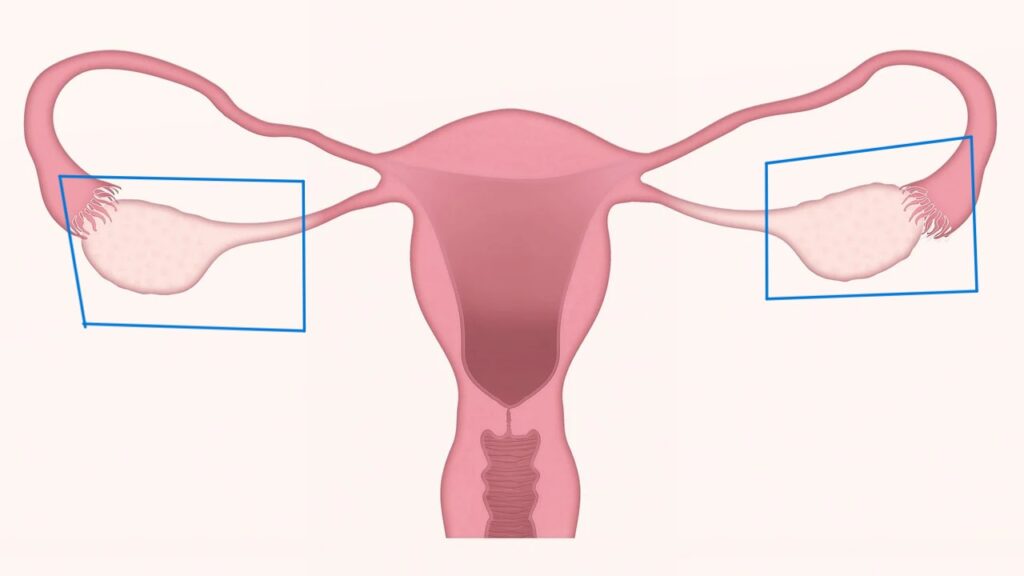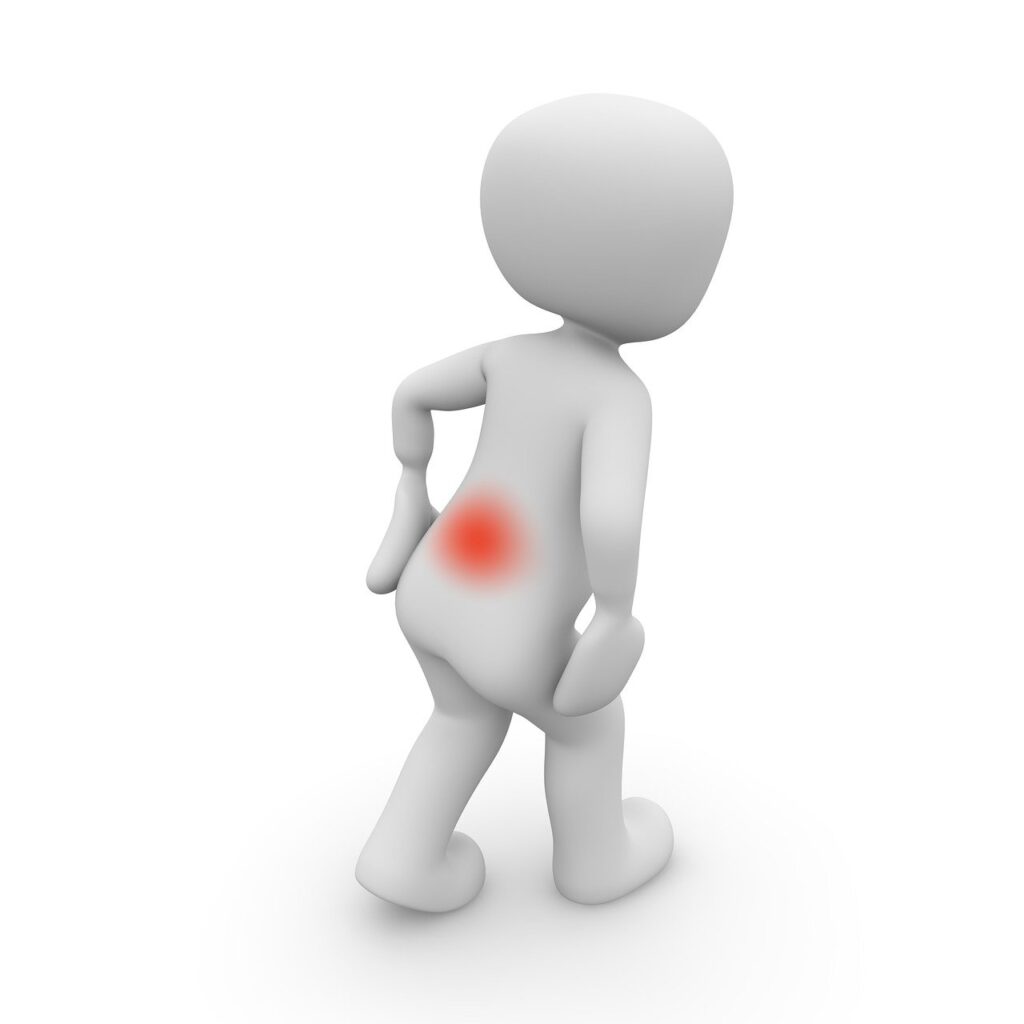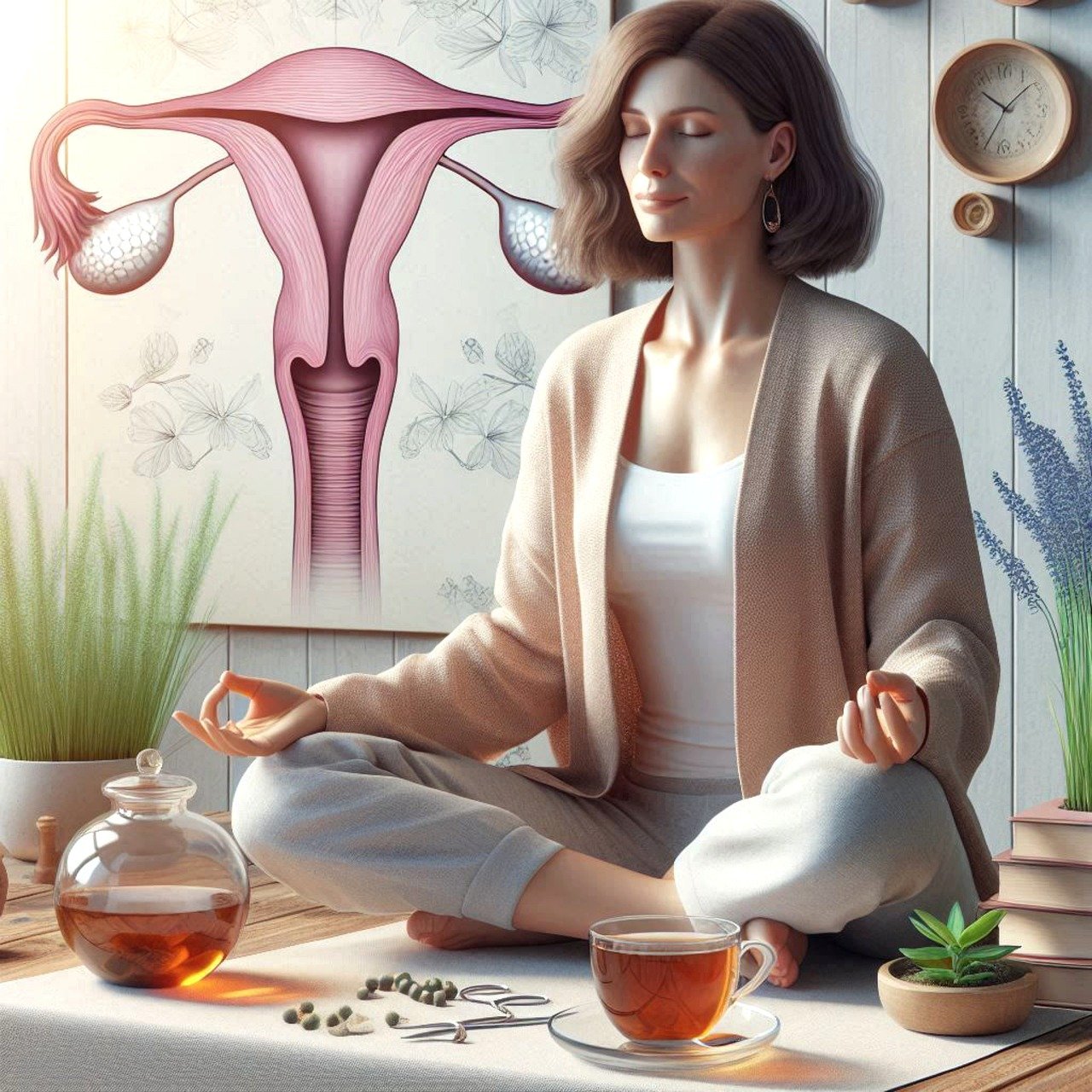Introduction
Menopause is a natural phase in a woman’s life marking the end of her reproductive years. It typically occurs between the ages of 45 and 55, but can vary. Understanding menopause is crucial for managing its symptoms and maintaining a healthy lifestyle during this transition. This guide provides an overview of menopause, its symptoms, causes, management strategies, and common myths.
Table of Contents
What is Menopause?
Menopause is defined as the point at which a woman has not had a menstrual period for 12 consecutive months. It signifies the end of ovarian function and a decline in hormone levels, particularly estrogen and progesterone. The transition to menopause, known as perimenopause, can begin several years before the final menstrual period.
Causes of Menopause
- Natural Aging: The most common cause, where the ovaries gradually produce less estrogen and progesterone.
- Surgical Menopause: Occurs when a woman has her ovaries surgically removed, leading to an abrupt onset of menopause.
- Chemotherapy or Radiation: Treatments for cancer can induce menopause by damaging ovarian function.
- Primary Ovarian Insufficiency: A rare condition where the ovaries stop functioning before age 40.

Symptoms of Menopause
- Hot Flashes: Sudden feelings of warmth, often accompanied by sweating and flushing.
- Night Sweats: Hot flashes that occur during sleep, disrupting rest.
- Irregular Periods: Changes in menstrual cycle length, flow, and frequency.
- Mood Changes: Fluctuations in mood, including irritability, anxiety, or depression.
- Vaginal Dryness: Reduced lubrication and thinning of vaginal tissues, leading to discomfort during intercourse.
- Sleep Disturbances: Difficulty falling or staying asleep, often due to night sweats or hormonal changes.
- Weight Gain: Changes in metabolism and hormonal balance can lead to increased weight, particularly around the abdomen.



Managing Menopause Symptoms
- Healthy Diet: Eat a balanced diet rich in fruits, vegetables, whole grains, and lean proteins. Limit caffeine and alcohol to help manage symptoms.
- Regular Exercise: Engage in physical activities such as walking, swimming, or yoga to maintain weight, improve mood, and reduce hot flashes.
- Hydration: Drink plenty of water to combat dryness and support overall health.
- Stress Management: Practice relaxation techniques like meditation, deep breathing exercises, or hobbies to manage stress and mood swings.
- Hormone Replacement Therapy (HRT): Consult with a healthcare provider about HRT to alleviate severe symptoms, though it may not be suitable for everyone.
- Vaginal Lubricants: Use water-based lubricants to alleviate vaginal dryness and discomfort during intercourse.



Common Myths About Menopause
1. Myth: Menopause Happens Suddenly
– Reality: Menopause is a gradual process that occurs over several years, beginning with perimenopause. It involves changes in menstrual patterns and hormonal fluctuations before reaching full menopause.
2. Myth: Menopause Causes Immediate Weight Gain
– Reality: While hormonal changes can contribute to weight gain, menopause itself does not directly cause weight gain. Lifestyle factors, such as diet and exercise, play a more significant role.
3. Myth: Menopause Means the End of a Woman’s Sexual Life
– Reality: Many women continue to have a fulfilling sex life during and after menopause. While vaginal dryness and other symptoms may occur, they can be managed with lubricants and other treatments.
4. Myth: Menopause Causes Severe Depression
– Reality: Mood swings and irritability can occur, but not all women experience severe depression. Emotional well-being is influenced by various factors, including lifestyle and support systems.
5. Myth: You Don’t Need Birth Control After Menopause
– Reality: If you are still having periods, it’s possible to become pregnant until you have not had a period for 12 consecutive months. Birth control should be used until menopause is confirmed.
Conclusion
Menopause is a natural part of aging, and while it brings changes and challenges, it is manageable with the right approach. Understanding menopause and adopting strategies to manage its symptoms can help women navigate this phase of life with greater ease and confidence. For personalized advice and treatment options, consult with a healthcare provider who can offer guidance based on individual health needs. At Health Authentica, we are committed to providing accurate information and support to help you through this significant transition.











